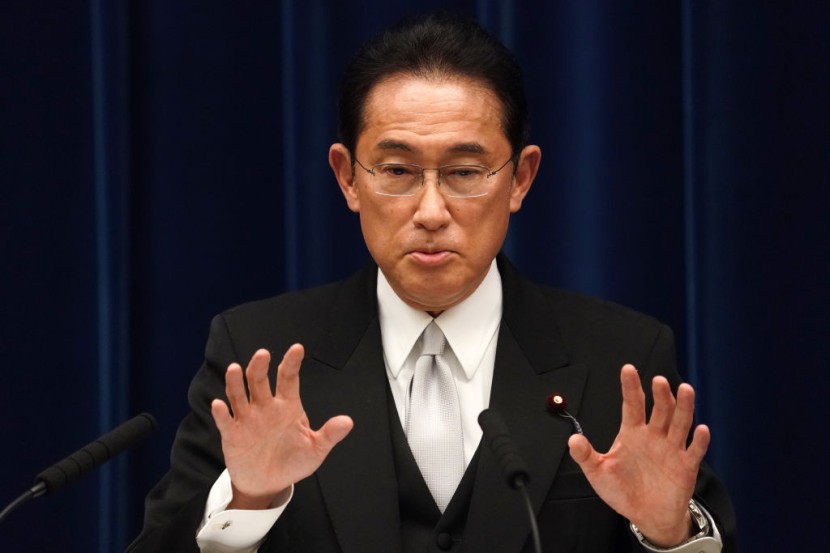
Japanese Prime Minister Fumio Kishida on Thursday announced the dissolution of the Parliament's lower house shortly before the scheduled general elections later this month as the official seeks to gain support for his newly-formed government.
The elections are scheduled to be held on Oct. 31 and will be Kishida's first major trial after winning the leadership election of the ruling party on Sept. 29. At the time, he was officially appointed the country's 100th Prime Minister on Oct. 4.
Japan Dissolves Lower Parliament
It was suggested by local media reports that the ruling Liberal Democratic Party, which Kishida led, aimed to take advantage of the recent decline in nationwide COVID-19 cases to fetch support from the nation's people. Yoshihide Suga, the previous prime minister, did not opt to run in his party's leadership race after a widely criticized reign and losing major public support.
Prime Minister Kishida is pushing what he called a "new capitalism" and promised to raise the salaries of residents belonging to the middle class. He also committed to implementing an economic stimulus package that would have a funding of at least $290 billion. The money would be used to revive the third-largest economy in the world, CNN reported.
In an address, Kishida said he would pursue politics of "trust and empathy" while four main opposition parties have agreed to cooperate on some policies. The list of issues includes addressing gaps between the rich and the poor. Officials argued that this controversy worsened during former Prime Minister Shinzo Abe's government.
The speaker of the house, Tadamori Oshima, was the one who announced Kishida's dissolution of the lower Parliament. Afterward, 465 lawmakers in the more powerful lower chamber stood up, shouted "banzai" three times, and left. Tuesday will mark the beginning of the official campaigning for all 465 newly vacant seats left by the officials.
Under Abe's rule in 2017, the last lower house election was held, at a time when the former prime minister was viewed as a staunch conservative that steered the Liberal Democratic Party to the right. Abe was Japan's longest-serving prime minister in history, NPR reported.
Military Spending Against China
The situation comes as Japan's federal government opted to double defense spending to better protect its territory against China's aggression. Authorities previously approved the acquisition of missiles, stealth fighters, drones, and other weapons to counter Beijing in the highly disputed East China Sea.
A goal of spending 2% of GDP, which is estimated to be about $100 billion, was added by the Liberal Democratic Party. Officials considered the use of more money on the military for the first time in its policy platform.
With Japan's debt-saddled public finances and the coronavirus pandemic still affecting the economy, many experts do not expect Kishida to double spending anytime soon. However, the proposal is a sign that the region could, over time, abandon its commitment to keeping military budgets within 1% of GDP. The number has been in place for decades and has eased the worries of many residents both at home and abroad that the country's militarism that instigated World War II would not come back, Yahoo News reported.
Related Article:








